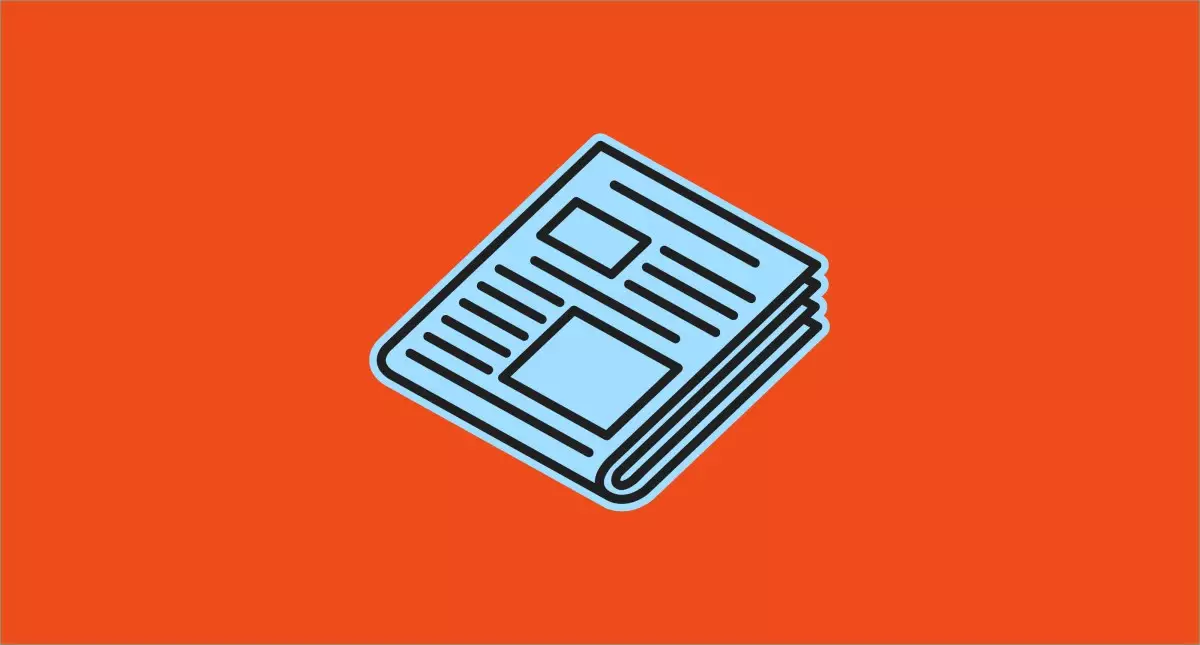In a significant legal confrontation, a coalition of major Canadian media outlets, including the renowned Toronto Star and the Canadian Broadcasting Corporation, has initiated a lawsuit against OpenAI. The basis of their claim rests on allegations of copyright infringement and accusations that OpenAI has profited unjustly through the unauthorized use of these companies’ journalistic content. This lawsuit is not an isolated incident; it is part of a growing trend wherein content creators and media organizations are rallying against technology companies that leverage their intellectual property without compensation or acknowledgment.
The crux of the lawsuit hinges on the accusation that OpenAI has used content scraped from the websites of these news organizations to refine its AI models, including ChatGPT. The media companies argue that the material in question is the culmination of extensive research, labor, and financial resources invested by journalists and staff. Such claims highlight an alarming trend wherein technological advancement may come at the cost of creative labor and rights. The plaintiffs contend that instead of seeking permission or appropriate licensing, OpenAI has opted for what they term “brazen misappropriation,” effectively converting their original works for corporate gain, an act they find entirely unjustifiable.
This lawsuit against OpenAI is indicative of a pervasive issue in the digital landscape today. Other notable entities, including The New York Times and various YouTube creators, have also initiated legal action against OpenAI on similar grounds. This mounting list of litigants underscores a critical juncture where media companies recognize the need to defend their intellectual properties vigorously. Although OpenAI claims that its models are grounded in “fair use” principles and that the data training process relies on publicly available information, the question remains: where does the line between fair use and copyright infringement lie, particularly in the digital age?
In response to the allegations, OpenAI maintains that ChatGPT has transformed how millions engage with content, fostering creativity and solving complex issues. It highlights its collaborations with various publishers to fairly attribute content and offers news organizations an option to exclude their materials from AI training. However, this assertion raises questions about the effectiveness and transparency of such collaborations. If many news organizations feel compelled to take legal measures, the question arises whether OpenAI’s outreach initiatives have been adequate or merely superficial.
As technology continues to evolve and encroach upon traditional sectors like journalism, it becomes increasingly crucial to establish transparent guidelines that define the use of intellectual property in AI training. The ongoing legal battles signal a moment of reckoning for both content creators and technology firms; as society moves forward, balancing innovation with respect for original work must remain a priority. The outcome of this lawsuit might not only influence the future of AI development but also set a precedent for how similar disputes will be handled in the digital ecosystem.

